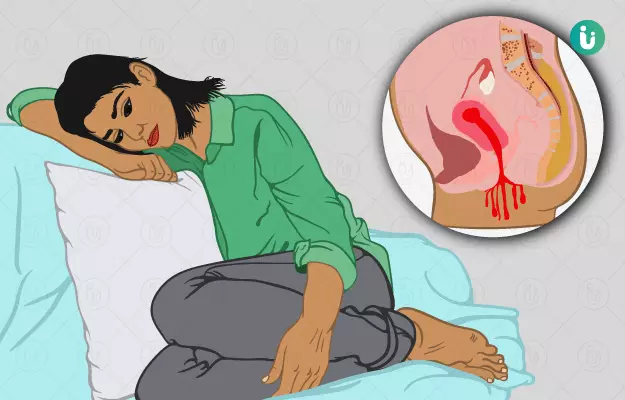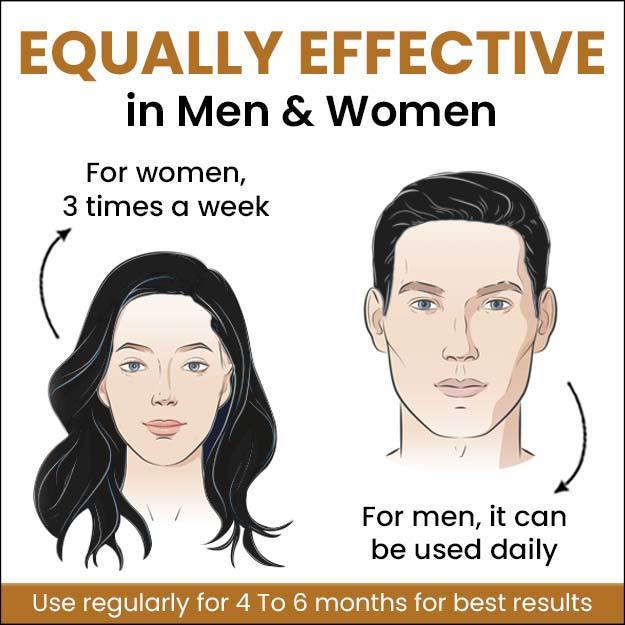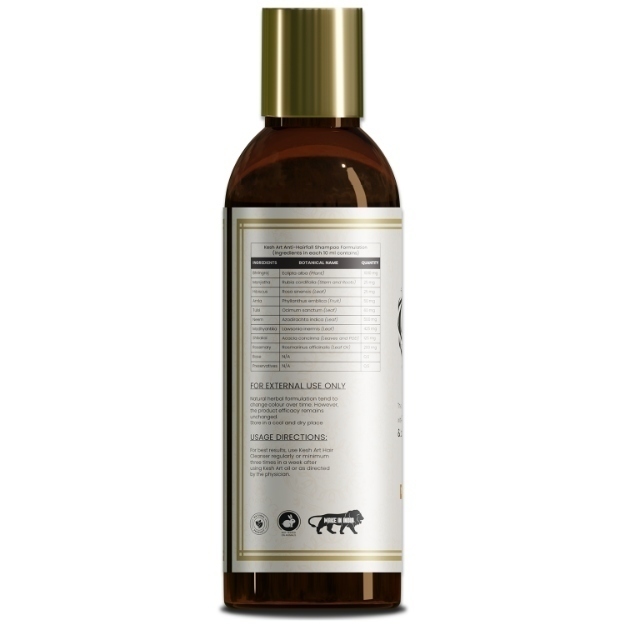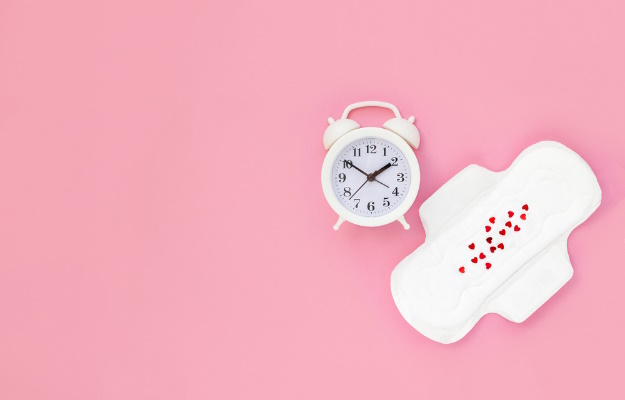Menorrhagia, commonly known as heavy bleeding during periods, is a common disorder among women. It is characterised by prolonged menstrual bleeding from the uterus for more than seven days. If you have heavy periods, you may be required to change your pad or tampon every two hours or less. Menorrhagia commonly occurs due to conditions like hormonal problems, endometriosis, fibroids, pelvic inflammatory disease, liver disease, and some other underlying conditions. Diagnosis is made by clinical examination, tests to assess hormone levels, ultrasound of the pelvis and special blood tests or endoscopy in certain cases. Treatment of menorrhagia depends on the cause. Medications that are effective in menorrhagia include hormone therapy, non-steroidal anti-inflammatory drugs (NSAIDs) among others. Some treatment procedures to cure heavy periods include endometrial ablation (the lining of the uterus is destroyed), hysterectomy (removal of the uterus), myomectomy (removal of fibroids), and others.
(Read more: Homeopathic treatment for menorrhagia)



































